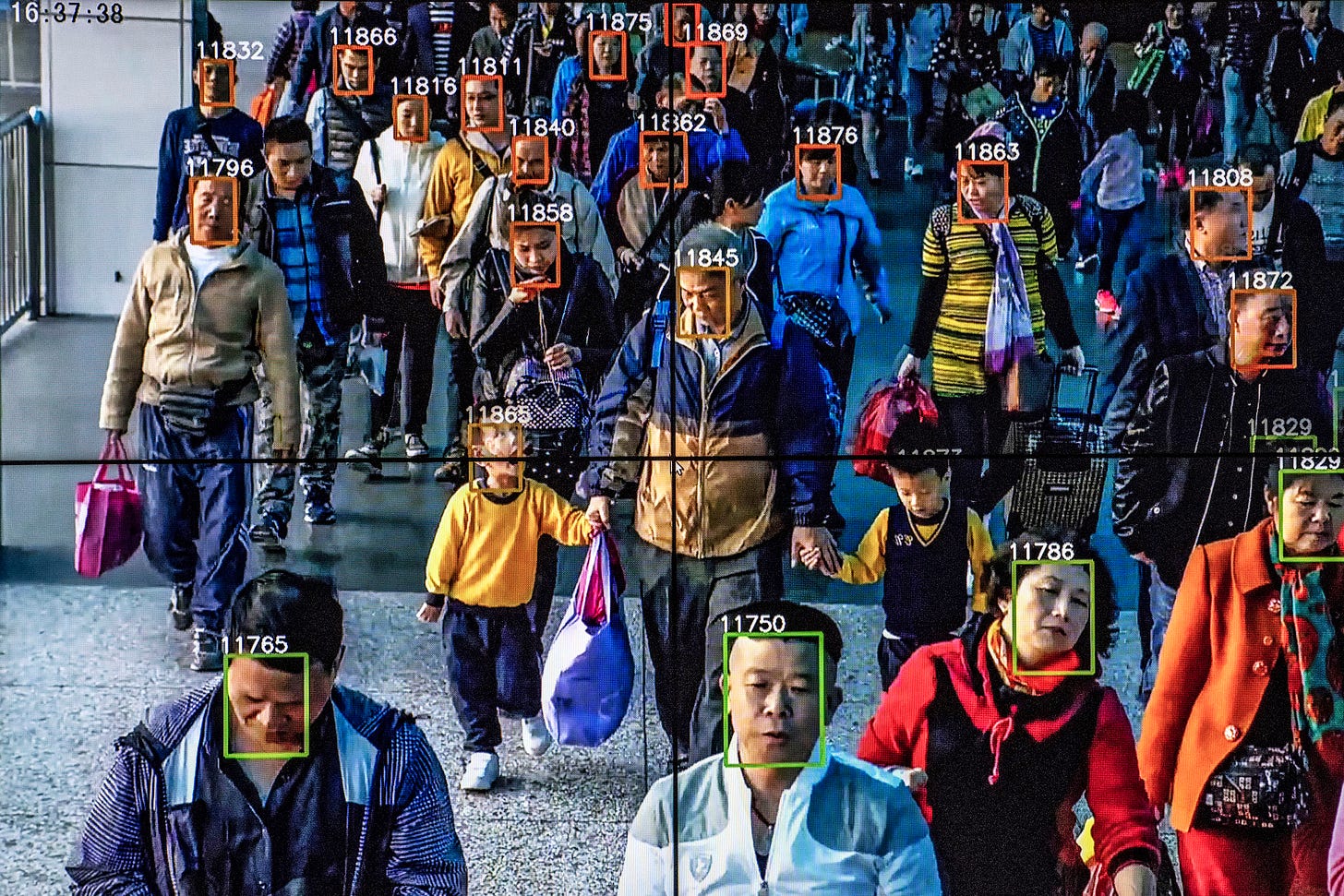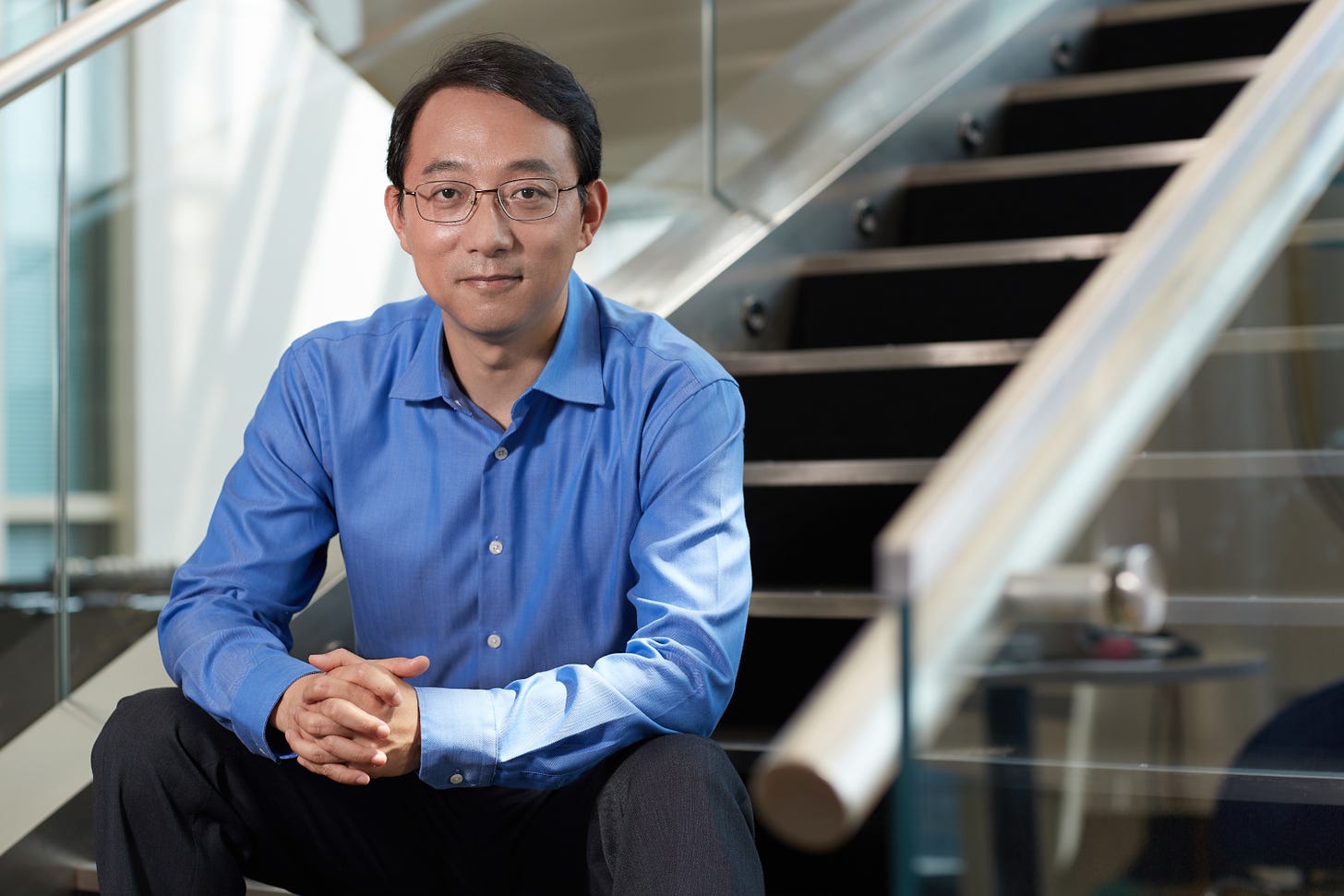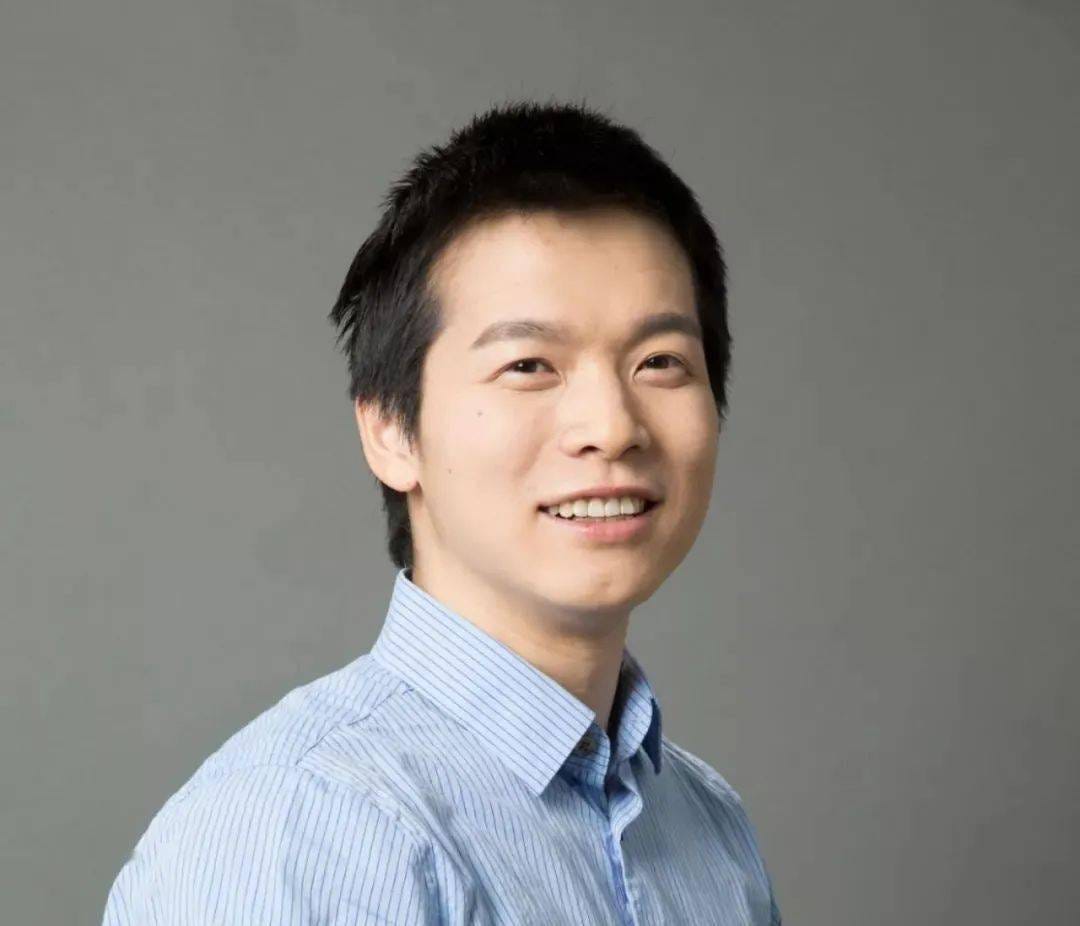China Tightens Regulation for Facial Recognition; Microsoft Research Lab Asia Has New Head; ByteDance AI Exec Leaves for Academia
China’s AI news in the week of August 1, 2021
China Top Court Bars Facial Recognition Without Consent
Tell me the background: The abuse of facial recognition that invades privacy and personality rights has raised public and social concerns over the past few years. A powerhouse of facial recognition technology, China is taking action to regulate the use of this controversial AI technology.
What’s the news? In a judicial document issued this week, China’s Supreme People’s Court has ruled that “illegal and unauthorized uses of facial recognition technology at public places like hotels, malls, and airports” and “any collection or analysis of facial data without the consent of an individual (natural person) or their guardian” will be a violation of personality rights. Exceptions will include the use of facial recognition technology for the purposes of handling public health emergencies or protecting individuals’ health and property security.
The judicial interpretation also states clearly that any collection or analysis of minors’ facial information must require the consent of their guardians. Applications are not allowed to enforce any acquisitions of non-essential personal information. Community properties must not violate the personality rights of residents on the grounds of intelligent management and must not compulsorily use face recognition as the only entry system.
The document provides guidance for judges in civil cases and will take effect on August 1, 2021.
The legal dispute centered around facial recognition caught public attention in October 2019 in China. Guo Bing, a Chinese associate law professor, sued an Hangzhou-based wildlife park for breach of contract and violation of consumer rights, as the park upgraded its admission system from fingerprint to face recognition technology to activate visitors’ annual passes and would reject the entry of noncompliant visitors. The court later ruled that the park must delete Guo’s facial recognition data and provide compensation.
What does that mean? If you are a local citizen or a traveler in China, you can say “no” to facial recognition without hesitation and request businesses or shops to delete your facial data. If you are an investor following the facial tech industry, you need to take a cautious assessment of companies’ to-government relationships.
Microsoft Research Lab Asia Names Dr. Lidong Zhou as New Managing Director
What’s the news? Microsoft’s Asia-based research branch MSRA names Dr. Zhou Lidong as new Managing Director, responsible for the lab’s overall research and development activities in both Beijing and Shanghai. He also oversees the lab’s collaborations with academic and industrial partners in China and the Asia Pacific region. Dr. Zhou Lidong will be the fifth chief of MSRA.
Who’s Dr. Lidong Zhou? According to Microsoft, Dr. Zhou joined Microsoft in 2002 and has previously worked at Microsoft Research’s Silicon Valley lab as a researcher, at the Redmond lab as a principal researcher and Research Manager of the Systems Research Group, and at the Beijing lab as Assistant Managing Director. Before he was promoted to the chief position, he was the Distinguished Scientist.
Dr. Zhou is a well-respected expert in the development of distributed systems. As a key technical lead for Microsoft in the design and development of large-scale distributed systems, Dr. Zhou has initiated and successfully led a series of important distributed system projects that support a wide range of Microsoft products and services, from search engines and big data infrastructure to cloud systems and AI infrastructure, according to Microsoft.
Dr. Zhou received his Ph.D. and M.S. in Computer Science from Cornell University and a B.S. in Computer Science from Fudan University.
Why it matters? A leading research institute in the Asia Pacific, MSRA has played a pioneering role in the early days of China’s tech boom and made significant contributions to the rise of fundamental AI and computer vision research in China. Former managing directors of MSRA are like evangelists helping cultivate a massive number of AI talents over the past two decades who then flow into academia and industry.
The first-ever managing director of MSRA was Dr. Kai-fu Lee, now the Sinovation Ventures Chairman and CEO. His successors include former Baidu President Dr. Ya-Qin Zhang, former Microsoft AI and Research Chief Dr. Harry Shum (Dr. Zhang and Dr. Shun have both joined Tsinghua University), and Microsoft Corporate Vice President Hsiao-Wuen Hon.
Director of ByteDance AI Lab Joins US University
What’s the news? Dr. Lei Li, former director of ByteDance AI Lab, said he has joined the University of California, Santa Barbara as an assistant professor at the Computer Science Department focusing on natural language processing. “Excited to working with great folks William and Shiyu, and many others!” He posted on Twitter.
Who’s Lei Li? One of the most talented Chinese NLP scientists, Dr. Li joined ByteDance in 2016 as Director of AI Lab, developing scalable algorithms that learn and mine knowledge from all kinds of data. Previously he was a research scientist working at Baidu’s Deep Learning Lab in the U.S. Dr. Li received his Ph.D. in Computer Science from the University of California, Berkely, and an M.S. in Computer Science from Carnegie Mellon University. His latest work Vocabulary Learning via Optimal Transport for Neural Machine Translation (introduced in our previous Recode China AI issues) won the ACL 2021 Best Paper award.
Why it matters?: ByteDance AI Lab has lost two top brains within one year. Last year, Wei-Ying Ma, Vice President of ByteDance and Director of AI Lab, left to join Advanced Industry Research (AIR) at the elite Tsinghua University.
Top Chinese technology companies have been losing their sought-after AI experts over the past two years. Many of them return to academia or other ventures.
Dr. Tong Zhang stepped down after directing Tencent’s AI Lab for nearly two years in 2019 and joined Sinovation Ventures.
Dr. Ya-Qin Zhang, former Baidu President, joined Tsinghua University to launch Advanced Industry Research (AIR).
Dr. Jiaping Ye, the chief of Didi Chuxing's AI Lab, left in 2020 and joined Beike as Vice President and Chief Scientist.
Dr. Jiaya Jia, former head of Tencent X Lab, is also a tenured professor at the Chinese University of Hong Kong. He founded a new AI company named SmartMore.
Dr. Xiu-Shen Wei, the founding director of Megvii Research, joined the School of Computer Science and Engineering at Nanjing University of Science and Technology.
Investment News:
Unisound, a Beijing-based unicorn startup specializing in speech tech, has raised almost $100 million in its Series D+ funding round led by Trustbridge Partners. Earlier this year, Unisound halted its IPO application to the Shanghai Stock Exchange, which was supposed to help the company bag RMB 912 million yuan (~$141 million). Unisound CEO said the company will resume its IPO plan in two years. Founded in 2012, Unisound provides smart voice interactive products (28% of its revenue in 2020 1H), intelligent IoT solutions (67%), and AI technology services (5%) for clients in hotels, hospitals, TV manufacturers, and real estate. The company reports total revenue of RMB 562 million yuan (~$86.98 million) between 2017 and 2020 1H, with a total loss of almost RMB 800 million yuan ($123 million).
SemiDrive, a Nanjing-based startup developing auto microchips, has raised almost RMB 1 billion yuan ($154 million) in its Series B Funding Round co-led by CDB Equipment Manufacturing Industrial Investment Fund and V Fund. Founded in 2018, SemiDrive has introduced nine series of automotive system-on-chips (SoCs) for smart cockpits, autonomous driving, and central gateways.
BioMap, a life science startup focused on precision medicine, has raised over $100 million in its Series A financing led by GGV Capital and followed by Baidu, Legend Capital, BlueRun Ventures, Verity Ventures, and Xianghe Capital. BioMap Co-founder and Baidu Chairman Robin Li also increases his investment. Founded in 2020, BioMap says it aims to leverage AI and data to radically improve patients’ lives.






